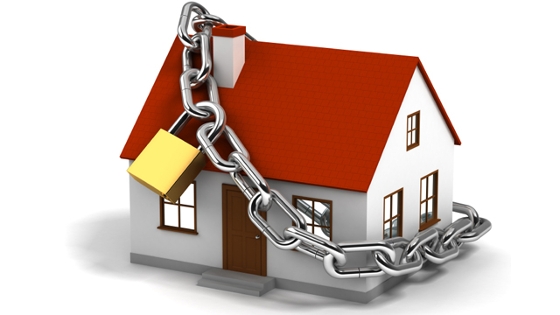You may love animals, but with the exception of your family pets, you don’t want them in your home. Here are some tips for keeping the wildlife around your property where it belongs: outside.
- Don’t place bird feeders too close to your windows. Doing so may cause birds to associate a window with food and therefore try to peck their way inside.
- Make sure window screens are secure. If you can push a screen loose with your hand, so can a bird or other animal.
- Check screens on dryer vents and chimneys. If they are damaged, fix or replace them.
- To determine how animals are entering your home, stuff wadded paper in the suspected entry point. If the paper is disturbed the next day, you’ll know where they got in.
- Never leave food outside, unattended. After a barbeque, for example, take all remaining food inside.

If you do find an animal in your home, never try to pick it up. It may bite or have rabies. Instead, call a professional.



